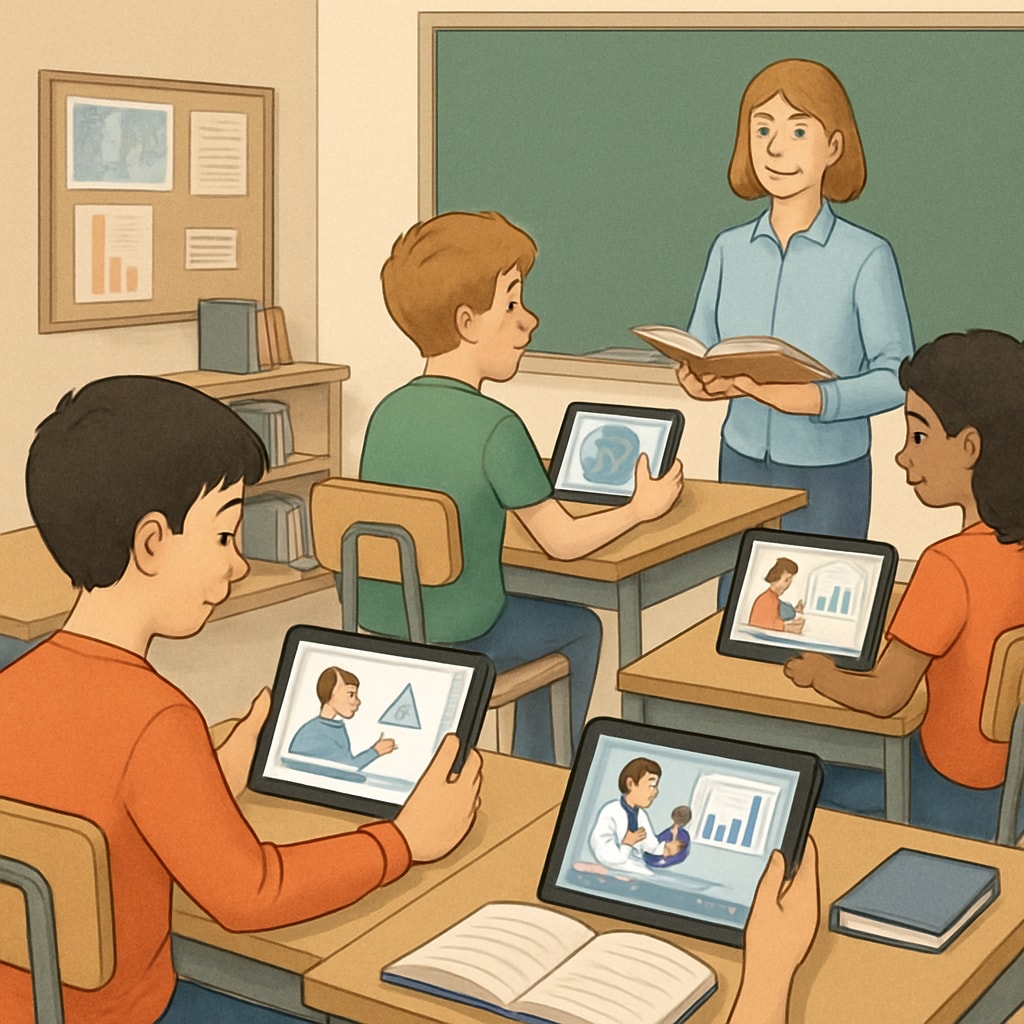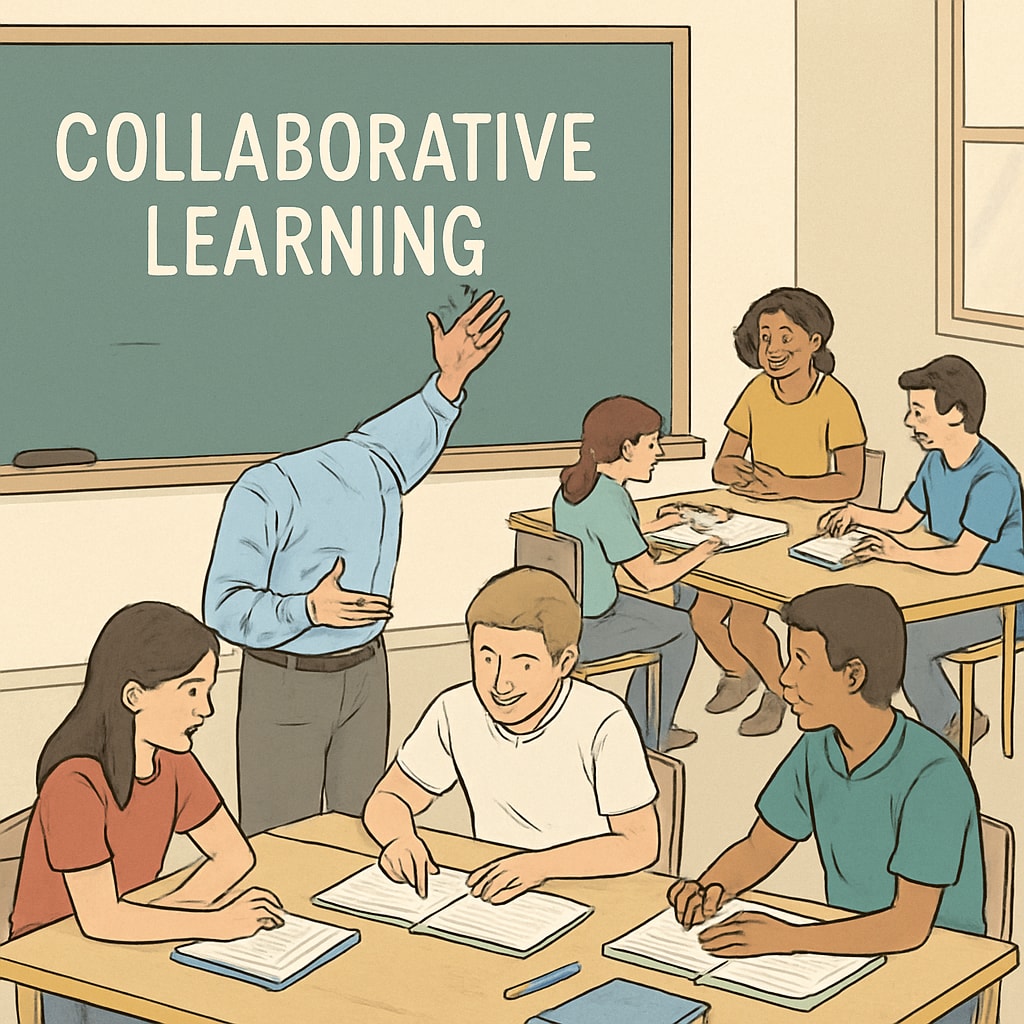In the age of digital transformation, education is experiencing a profound shift. Technologies like short-form videos are redefining how knowledge is delivered and consumed, challenging traditional learning methods and reshaping K12 education. This article delves into the impact of short videos on learning experiences, cognitive development, and teaching strategies. As part of a master’s thesis, educators and professionals are encouraged to participate in a survey to explore these changes further.

How Short Videos Are Transforming K12 Education
Short videos, often characterized by their brevity and accessibility, have become popular tools in the classroom. Platforms like YouTube, TikTok, and Khan Academy offer educators and students creative ways to engage with content. For example, teachers can use brief and visually appealing clips to explain complex concepts, while students can replay these videos for better understanding.
According to a recent study on Edutopia, short videos enhance retention rates by condensing information into manageable parts. This micro-learning approach supports diverse learning styles, particularly visual and auditory learners. Moreover, short videos make learning more interactive and appealing, promoting self-paced education as students can pause, rewind, and revisit lessons as needed.
The Benefits and Challenges of Short Videos in Education
While short videos offer numerous benefits, their integration into K12 learning is not without challenges. Some key advantages include:
- Engagement: Visually stimulating content captures students’ attention more effectively than traditional textbooks.
- Accessibility: Videos can be accessed anytime and anywhere, making learning more inclusive.
- Flexibility: Teachers can use videos to complement lesson plans or as standalone teaching tools.
However, educators must also address challenges such as ensuring content quality, avoiding distractions, and balancing screen time. A Britannica article highlights the importance of regulating educational technology to maintain focus on learning objectives.

Participate in the Master’s Thesis Survey
To further understand the implications of short videos in K12 education, a master’s thesis survey is being conducted. This research aims to gather insights into how short videos influence students’ cognitive development, learning experiences, and educators’ teaching strategies. Your participation can provide valuable data to shape the future of learning.
Why Your Input Matters:
- Provide real-world experiences with short video usage in the classroom.
- Contribute to the development of innovative teaching methodologies.
- Help identify challenges and opportunities in integrating digital media into education.
To join the survey and share your insights, please contact the research team through the provided channels. Your contribution will play a vital role in advancing this study.
Readability guidance: This article uses short paragraphs and lists to summarize key points. Active voice is prioritized to maintain clarity, while transitional phrases such as “for example,” “however,” and “as a result” are used to ensure smooth flow. Images provide visual support to the discussed topics.


